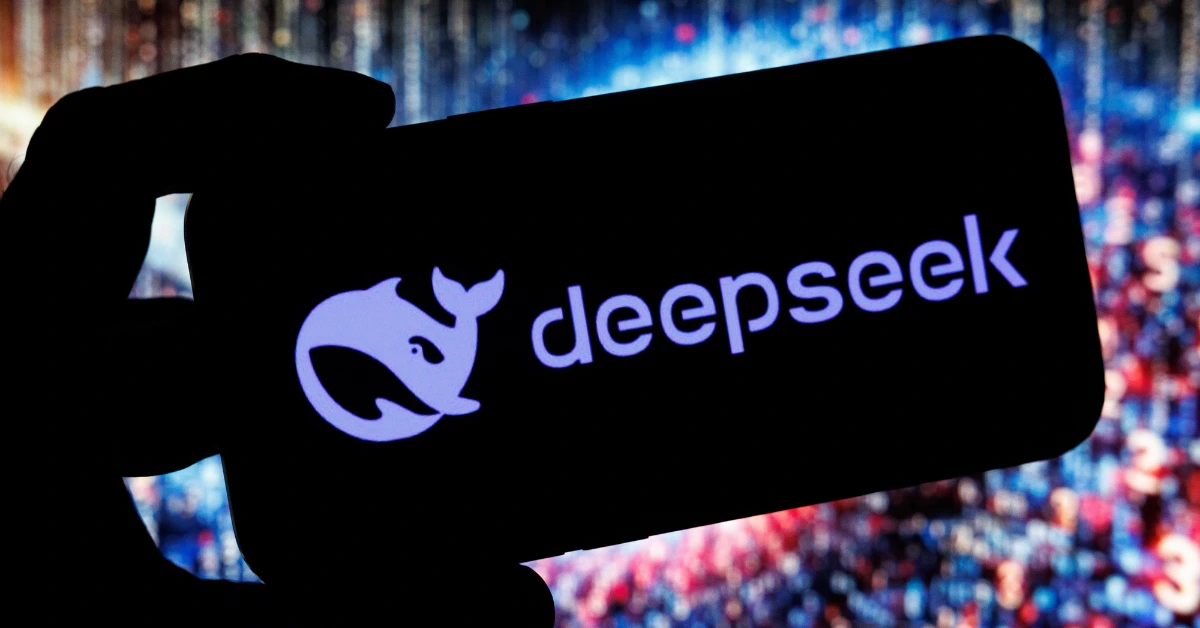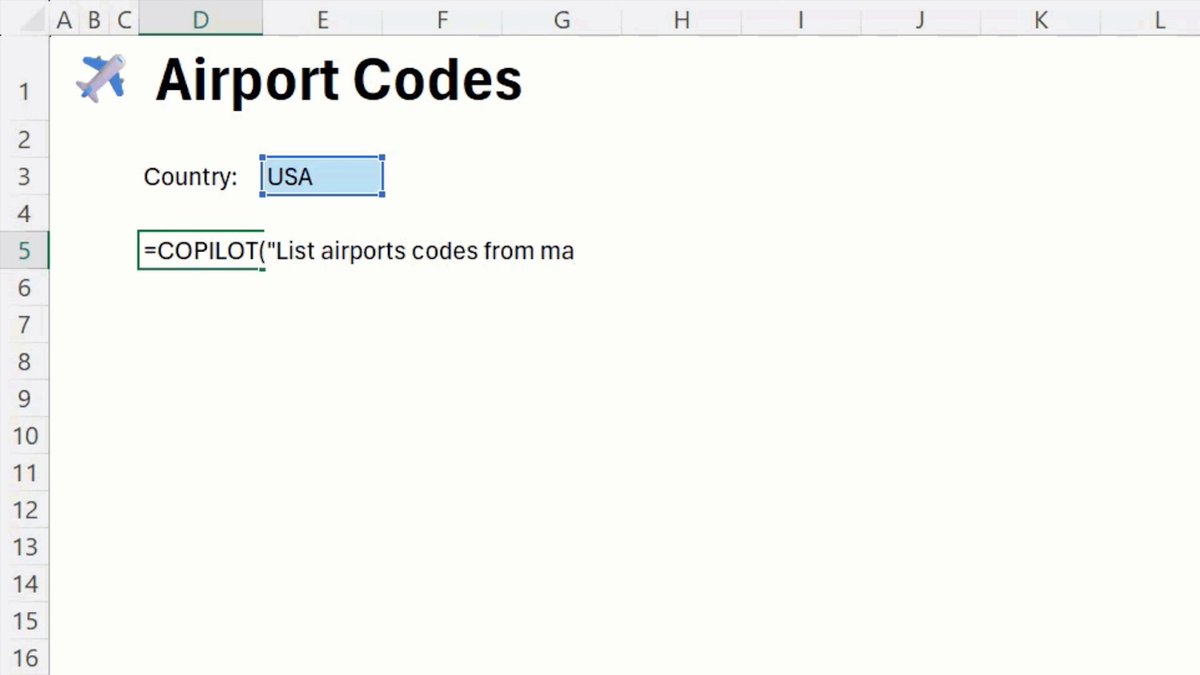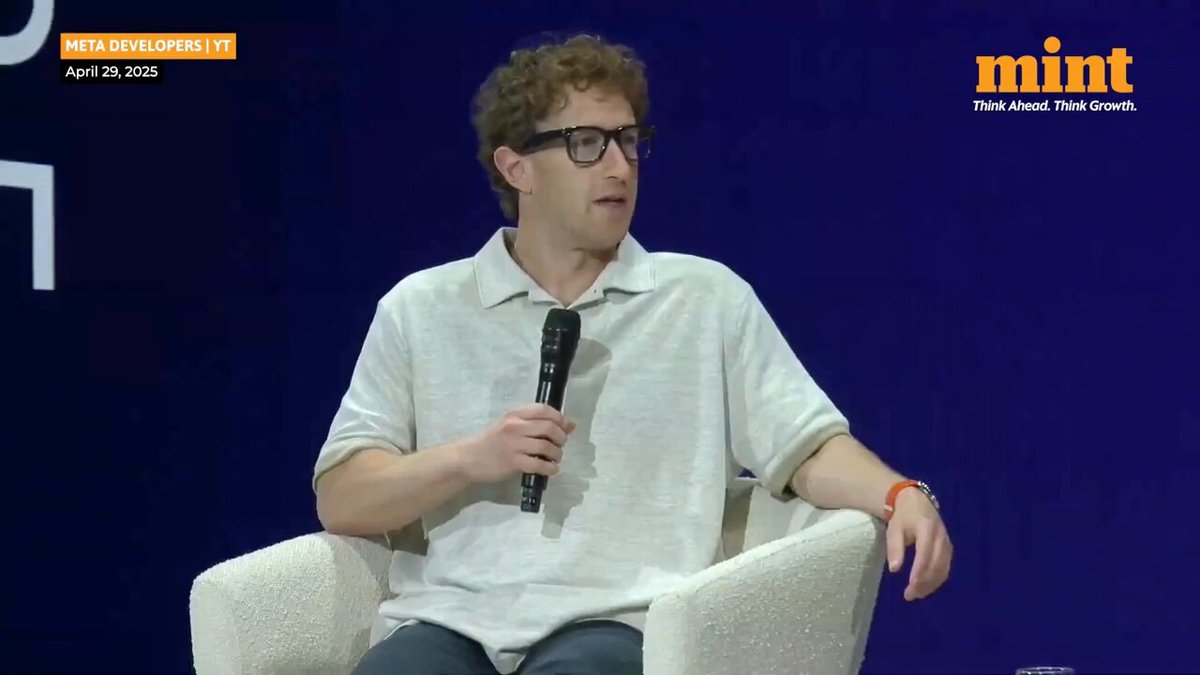THE ALGORITHM DAILY“Your Daily Dose Of AI News.” Top Story: Microsoft Adds =COPILOT() AI Function to Excel
Microsoft has introduced a new AI-powered function in Excel called =COPILOT(), which lets users analyse, summarise, and generate content directly inside spreadsheet cells using plain language. Instead of writing complex formulas, users can type prompts like “classify this feedback” to sort or interpret data. The results update automatically when the data changes, making it easier to brainstorm ideas, build tables, and organise information without extra steps. The feature is part of Microsoft 365 Copilot and is currently available in the Excel Beta for Windows and Mac. It runs on a specialised version of OpenAI’s GPT model, with Microsoft assuring that user data is private and not used to train AI. While there are some usage limits and warnings about accuracy in high-stakes cases, the new tool is being praised as a major step forward in making Excel smarter and more accessible to everyday users. NYT Can Access Deleted ChatGPT Logs After Court RulingA U.S. court has ruled that OpenAI must preserve and segregate all ChatGPT conversation records, including those of users who have been deleted as part of its ongoing legal battle with The New York Times over copyright infringement. This means OpenAI must suspend its usual 30-day deletion policy and retain chats from Free, Plus, Pro, and Team users, as well as API users who haven’t opted into Zero Data Retention. Enterprise and Edu accounts are exempt. Only a small, tightly controlled team at OpenAI may access these logs, and no third parties will gain direct access. OpenAI has called the order a breach of user privacy and is appealing it. CEO Sam Altman likened ChatGPT interactions to doctor–patient confidentiality and expressed concern that the ruling undermines user trust and established privacy norms. Google Teases Mysterious ‘Nano-Banana’ AI ProjectSpeculation is growing after Logan Kilpatrick, a well-known developer relations lead at Google, posted a banana emoji on X, sparking curiosity about a project called “nano-banana.” Tanishq Mathew Abraham, Ph.D., responded by asking if the new project is from Google, fuelling online chatter about whether the company is preparing to unveil a new AI tool or model under that name.
Details about “nano-banana” remain unclear, but the cryptic teaser has already caught the attention of researchers and AI enthusiasts. With Google known for using quirky code names for internal AI projects, many are now waiting to see if this banana emoji hints at a new lightweight AI model or something entirely unexpected. DeepSeek Outperforms GPT-5 in Key TasksA recent comparison across nine real-world tasks, including logic puzzles, meal planning, budgeting, parenting advice, and project planning, revealed DeepSeek outperforming GPT‑5 in practical reasoning, structured responses, and actionable guidance. GPT‑5 only took the lead in storytelling and culturally nuanced explanations thanks to its refined narrative tone. DeepSeek’s strength lies in its clarity and usefulness, offering step-by-step outputs tailor-made for educational, financial, and logistical needs. Meanwhile, GPT‑5 continues to excel in delivering polished, human-like communication. The analysis highlights how the two models’ complementary capabilities can meet different user needs. AI Now Writes a Big Share of Code at Microsoft and Meta
Microsoft CEO Satya Nadella revealed that AI is already writing 30% of the company’s code, showing how deeply integrated tools like GitHub Copilot have become in everyday software development. He said this shift is speeding up engineering work and allowing developers to focus more on design and problem-solving rather than repetitive coding tasks. Meta CEO Mark Zuckerberg echoed the trend, saying that AI could soon generate up to 50% of code at Meta. Both leaders see AI coding tools as central to boosting productivity and reshaping how large engineering teams operate. The comments highlight how big tech firms are relying on AI not just for products, but also for the core work of building their platforms. Canada Partners With Cohere to Boost AI in GovernmentCanada has signed a memorandum of understanding (MOU) with Toronto-based AI company Cohere to explore how artificial intelligence can make government services faster, smarter, and more secure. The announcement was shared in a post on X by Evan Solomon, who explained that the agreement is also about strengthening Canada’s role in the global AI race by backing homegrown companies like Cohere. The partnership comes at a time when countries worldwide are investing heavily in AI to modernise public services and compete for leadership in the sector.
In his tweet, Solomon said the government is “championing Canadian companies building world-class tools and making them work for Canadians.” Cohere, already one of Canada’s leading AI startups with a $6.8 billion valuation, recently raised $500 million to expand its enterprise tools. By working with the company, Canadian officials hope to improve services such as processing applications, analysing data, and securing systems, while also showcasing Canadian innovation on the world stage. AI Tool of the DayDeepSeek What it does: DeepSeek is an advanced AI model built to handle reasoning, problem-solving, and complex tasks with clarity. It has gained attention for outperforming GPT-5 in tests of logic, planning, and practical problem-solving while still providing structured, step-by-step answers. Best for: Students, researchers, and professionals who need clear explanations, detailed planning, or precise answers in areas like education, finance, and project management. Pricing: DeepSeek currently offers a free plan with limited access and a Pro subscription starting at around $10/month, which unlocks higher limits, faster responses, and priority access to new features. Enterprise plans are also available for organisations that need large-scale deployments. AI Word of the DayAlgorithmDefinition: An algorithm is a step-by-step set of rules or instructions that a computer follows to solve a problem or complete a task. Why it matters in AI: Algorithms are the backbone of artificial intelligence, guiding how models learn from data, make predictions, and generate outputs. From simple sorting methods to complex deep learning models, algorithms decide how efficiently and accurately an AI system works. Example: A search engine uses an algorithm to rank web pages, while a recommendation system uses algorithms to suggest movies or products based on your past choices. That’s a wrap, fam. AI’s levelling up daily, and we’re here catching the wins first. See you on the next drop. Staff Writer, The Algorithm Daily |
📲 Get the latest Tech & Startup News on our WhatsApp Channel
👉 Join Now





